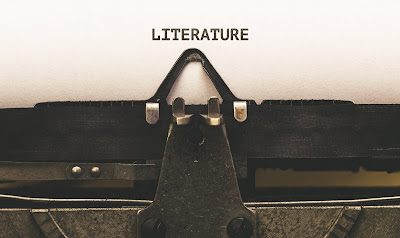Classic literature is something which should be treasured, but too often can summon uncomfortable memories of school days when we were forced to burrow through Cliffs Notes to find out what it all meant really.
However, there are many reasons to revisit classic literature – or even delve books you have previously been too daunted to get into. Without the dread of having writing an assignment on a classic novel, reading it for enjoyment can open up a whole new way of reading.
Here are some reasons why classic literature is so important now more than ever.
It improves concentration and helps you focus on details
In the same way that the complex patterns of classical music are a great way to give your brain a workout, so too is reading classical literature. In today’s world of endless instant, but ultimately meaningless, information and short attention spans, it can take great discipline to read Charles Dickens take two or three pages to describe the contents of a room, or Joseph Conrad detail a man walking down the street over half a chapter.
That kind of detail is very different to modern literature and not what many of us are used to, but that richness of language forces us to slow down and concentrate, which is no bad thing in today’s hectic world.
They inspire great ideas
We can get bogged down on a daily basis with petty and ill-informed debates on social media. Classic literature, however, deals with grand ideas and incisive social commentary. We can learn a lot more from the themes in classic literature than we get from opinionated malcontents online.
Discover some classic literature with the books from www.lassmedia.com.














